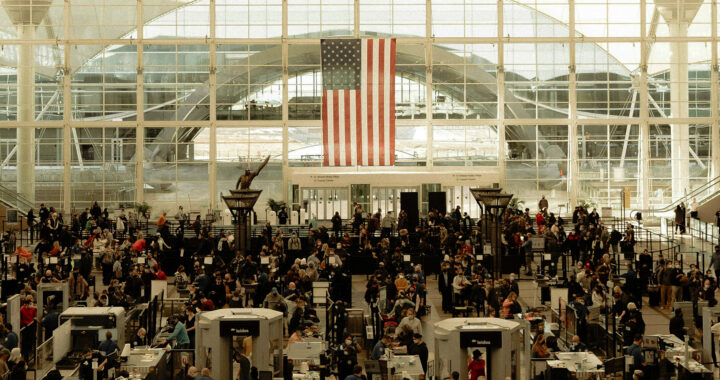The second Trump administration has officially withdrawn a proposed Biden-era rule that sought to strengthen consumer protections for airline passengers. The regulation, proposed in December 2024, would have required airlines to provide mandatory compensation to travelers experiencing flight delays, cancellations, or missing luggage caused by airline-related disruptions.
Note that the proposal was modeled after European and Canadian frameworks that guarantee financial redress for passengers in cases of airline responsibility. Compensation levels, depending on the length of the delay, ranged between USD 200 and USD 775. The policy also sought to mandate meals, lodging, and rebooking support to troubled customers.
However, although widely publicized, the proposal never took effect. It remained at the stage of a notice of proposed rulemaking under the purview of the U.S. Department of Transportation. There was no enforceable regulation in place. The second Trump administration then decided to withdraw the proposal entirely in early September 2025.
Officials justified the withdrawal by describing it as aligned with how the administration is prioritizing deregulation. Industry representatives argued that the rule would have driven operational costs upward and potentially led to higher ticket prices. They further maintained that airlines already provide voluntary assistance in cases of flight or service disruptions.
Consumer advocates reacted sharply to the decision. Former Transportation Secretary Pete Buttigieg labeled the action a step backward for passengers. Advocacy groups argued that the U.S. remains far behind international peers in ensuring passenger rights and points to long-established compensation rules in the European Union and Canada.
Available airline customer protections in the United States remain limited compared to foreign counterparts. Airlines must refund fares when flights are canceled and passengers decline rebooking. Refunds are also required for optional services such as baggage or Wi-Fi if they are not delivered. However, no obligation exists for automatic meals or cash payments.
Industry groups such as Airlines for America and low-cost carriers applauded the withdrawal. Spirit Airlines warned that mandated compensation could even incentivize airlines to cancel flights preemptively to limit escalating liability. These concerns resonated with policymakers who favor reduced regulation and greater operational flexibility.
Lawmakers and consumer organizations are expected to push for renewed legislative efforts. Critics stress that unpredictable weather, mechanical failures, and staffing shortages have strained the aviation system. They argue that mandatory compensation would establish accountability and deter airlines from over-scheduling flights they cannot reliably operate.
International comparisons underscore the debate. In the European Union, under Regulation 261, passengers delayed by more than three hours on most flights are entitled to up to six hundred euros in compensation, plus meals and accommodations when needed. Such standards have shaped global expectations for air travel consumer protection.
